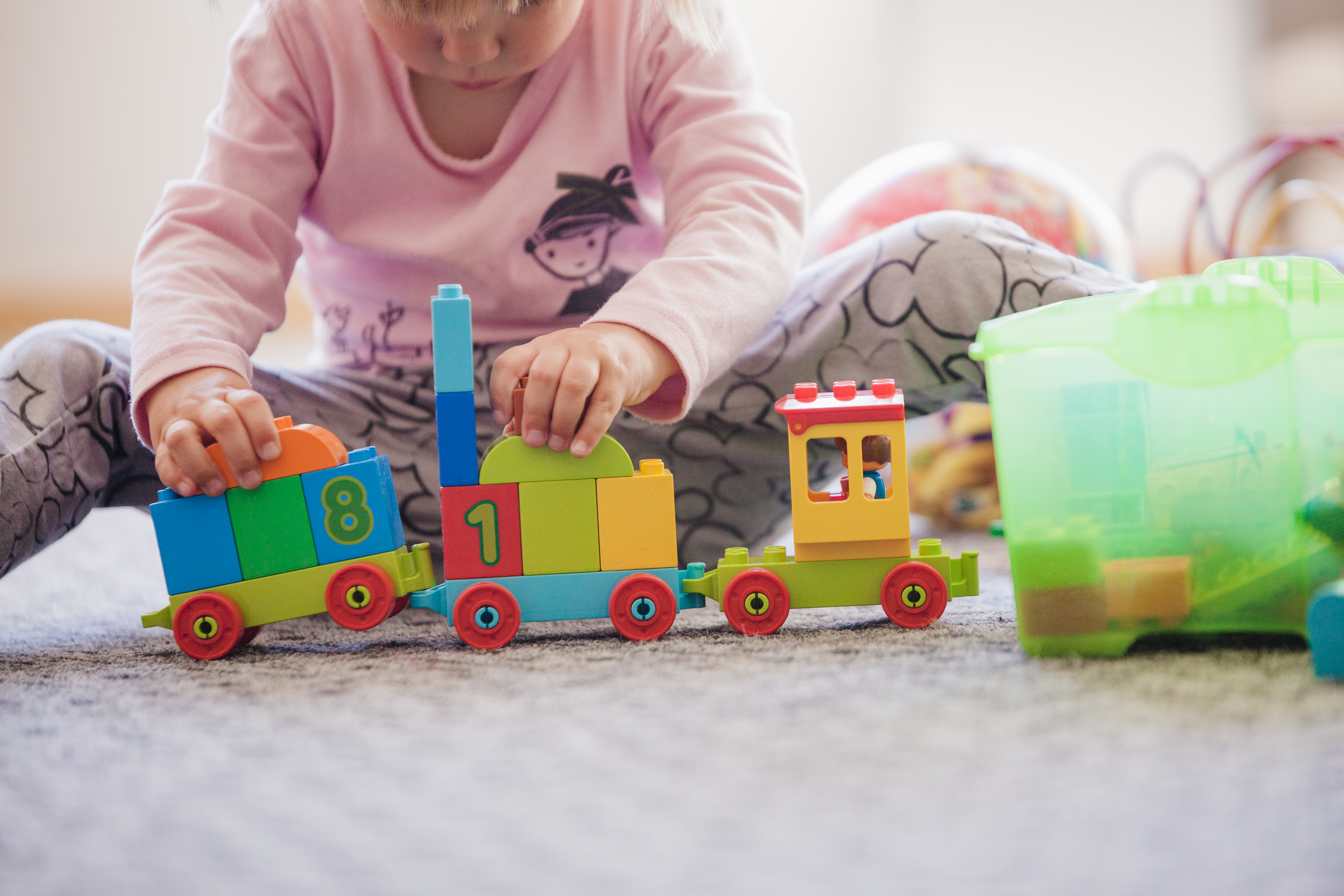
AAP advises making play a significant part of a child’s life to nurture happiness, development, education, and parent-child bonding.
Throughout most of history, kids have spent hour after hour playing with parents, siblings, babysitters, and friends. Play is so important in child development that it’s been recognized by the United Nations High Commission for Human Rights as a right of every child.
But the amount of time that children spend playing each day has gone down considerably over the last two decades. A 1989 survey taken by the National Association of Elementary School Principals found that 96 percent of schools had at least one recess period for kids. A decade later, a similar survey found that only 70 percent of kindergarten classes offered even one recess period each day.
The American Academy of Pediatrics’ recent report explains why children are playing less and what the impact is on today’s kids. Over the last few decades, the amount of play time has been reduced both at school and at home, according to the AAP. Many school districts have responded to increased government pressure about academics (including the No Child Left Behind Act of 2001) by reducing the time committed to free play to focus more on reading and mathematics. And a child’s playtime at home has been negatively affected by the hectic lifestyles of today’s working parents and the increased focus that parents often put on the academic end of their children’s education. But this all comes at a cost.
“Play allows children to use their creativity while developing their imagination, dexterity, and physical, cognitive, and emotional strength,” according to the AAP report. It allows children to explore the world, practice adult roles, and gain confidence. And it improves children’s social skills as well, by helping them to “learn how to work in groups, to share, to negotiate, to resolve conflicts, and to learn self-advocacy skills.”
If play is so important to a child’s development, then what’s the impact of this reduction in play? In conjunction with secondary message that kids are receiving from today’s high-pressure world — that they must be the “best” at all times — kids are showing higher levels of stress, anxiety, and depression. They even resort to cheating in school more than ever before, according to the report.
The key to helping your child reach his potential — without the added anxiety — is to find the right balance between work and play. Here are some recommendations from the AAP:
- Give kids ample, unscheduled time to be creative, to reflect, and to decompress
- Encourage your children to engage in active play (running around or playing tag) in lieu of passive entertainment (video games or television)
- Buy your children “true” toys, such as blocks or dolls, that encourage imagination and creativity
- Spend unscheduled, unstructured time together with your kids
- Ask your child regularly whether he feels overly tired, burned out, or overscheduled
- Allow your children to have a say in which extracurricular activities they are involved in
- Get involved in your child’s school and take an active role in ensuring that all kids are getting ample free time
Remember, play is a cherished part of childhood. By finding the right balance between work and play, your children will grow up happier, better adjusted, and more prepared to conquer the world.
